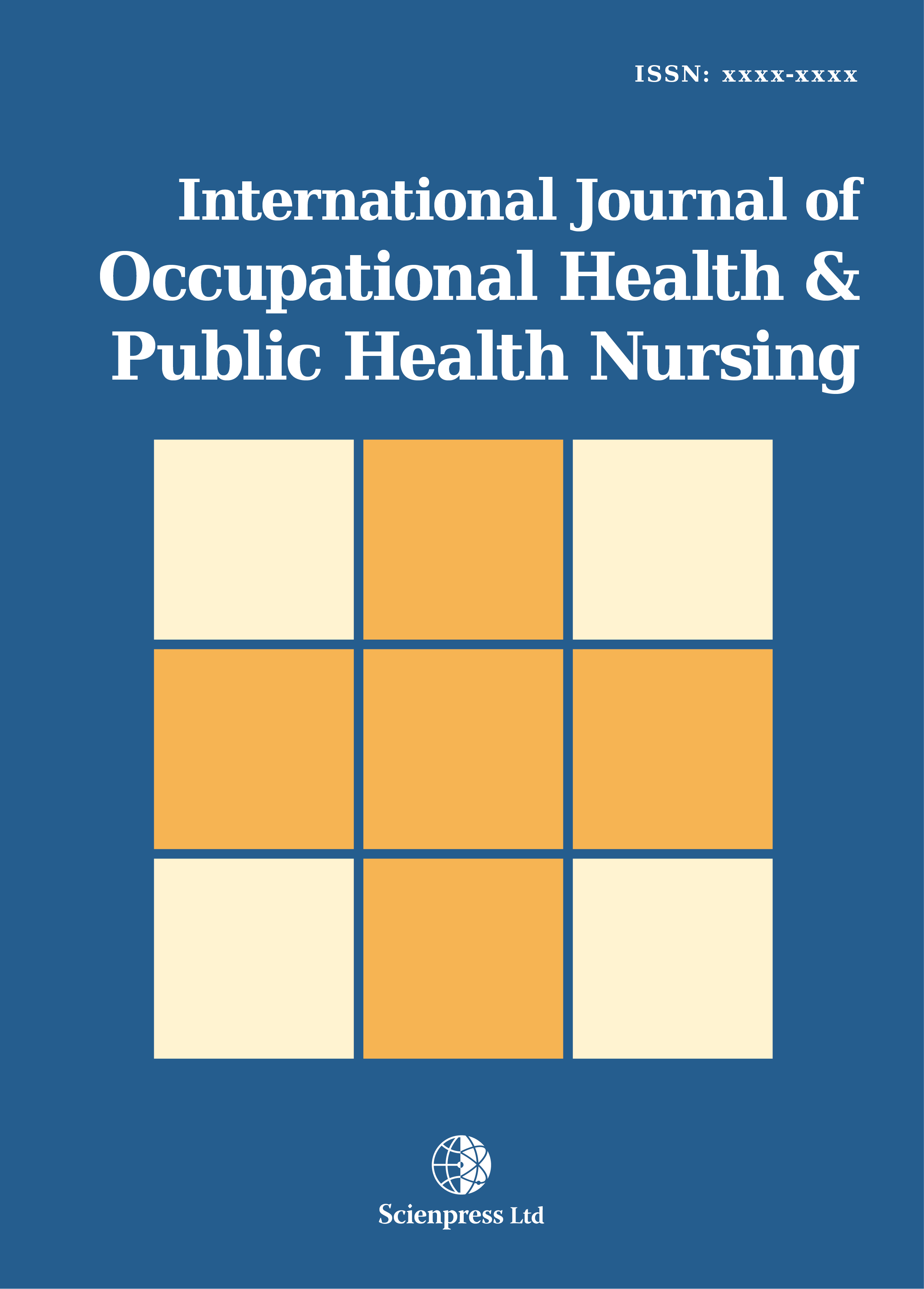International Journal Of Occupational Health and Public Health Nursing
An evaluation of personal health plans in occupational health check-ups
-
 [ Download ]
[ Download ]
- Times downloaded: 9519
-
Abstract
The legislation governing occupational health care requires that a personal health plan be drawn up in co-operation with the client to support their work ability. In our study, we aimed to determine the structure of the electronic personal health plans developed in health check-ups and the content of patient record entries concerning health check-ups and follow-up appointments. We also aimed to determine the experiences of the clients who attended these check-ups. In the comparison setting, health check-ups were divided into intervention and control groups. The intervention was in the form of motivational counselling training received by the occupational health nurses, which emphasized the work ability aspect. With the written consent of the clients, we were able to analyse the personal health plans of 410 clients from the intervention group and 99 patients from the control group. The study also used data from occupational health services’ patient record entries from 2016–2019. The final supplementary data consisted of 74 people’s patient record entries. The questionnaire was completed by 683 clients who attended health check-ups. The personal health plan data were examined using qualitative content analysis and the questionnaire data were calculated as frequency distributions. We analysed the health records using tabulation. Further care data were collected from the supplemented material. In addition, we examined each client’s number of appointments on an individual level after the health check-up and any follow-up plans that were entered into the patient record. The examination period was three years (2016–2018). The occupational health services’ personal health plans and entries in the patient records varied. Examination of the health plans showed that entries were rarely made on monitoring and evaluation. In contrast, needs and objectives were identified and documented more often. The health check-ups and health plans made by the occupational health nurses appear to remain too detached as measures to support the patient's work ability and should be better linked. Although the drawn-up health plans did not appear to support the individual's health and work ability on the record entry level, the clients in need of support were nevertheless being monitored by occupational health services. The study is useful for the development of occupational health nurses’ work. It highlighted the need for better documentation of work ability and supporting actions in the personal health plans. The study also provided additional information for developers of occupational health service information systems and digital services.
Keywords: Occupational health care, occupational health nurse, health check.
